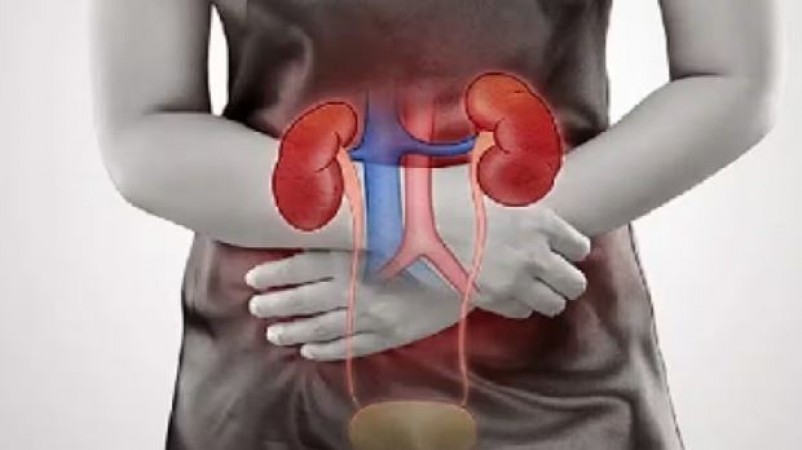
Our body's every activity directly affects our health, whether it's an internal function or an external one. Hunger, thirst, urination, passing gas, or even building pressure - each of these has significant importance for your well-being. Thus, preventing any of these can be detrimental to your health. Often, people find themselves in situations where they cannot immediately relieve themselves even after the urge to urinate arises. If you frequently practice holding in urine, it's time to take caution. Let's explore the potential harms:
Risk of Irritation and Swelling: When you hold in urine, the bladder becomes distended, which can result in irritation and swelling. This not only impacts the bladder itself but can also affect the urethra, urinary bladder, and even the kidneys. Prolonged distension can cause discomfort and lead to conditions like cystitis (inflammation of the bladder) and urethritis (inflammation of the urethra). Persistent irritation can also make these organs more susceptible to infections and other complications.
Impaired Kidney Function: The kidneys play a vital role in filtering waste and excess fluid from the blood to produce urine. When you hold in urine, the normal flow of waste materials and fluids through the urinary tract is disrupted. This disruption can lead to a backflow of urine into the kidneys, potentially causing hydronephrosis, a condition characterized by the swelling of the kidneys due to the buildup of urine. Furthermore, this can impede the normal functioning of the kidneys, affecting their ability to maintain the body's electrolyte balance and regulate blood pressure. Over time, this may contribute to the development of kidney stones or urinary tract infections, thereby exacerbating the risk of kidney damage and related health complications.
Buildup of Toxins: Urine serves as a primary medium for eliminating various waste products, excess substances, and toxins from the body. Delaying urination can result in the accumulation of these harmful substances in the bladder and urinary tract, fostering an environment conducive to bacterial growth and infection. The prolonged presence of these toxins can lead to the proliferation of bacteria, giving rise to urinary tract infections (UTIs) and other potentially serious health issues. Moreover, the accumulation of toxins can strain the kidneys and compromise their ability to effectively filter and eliminate waste, potentially causing damage to the renal system.
Increased Risk of Infections: Holding in urine for extended periods can significantly heighten the risk of developing urinary tract infections (UTIs) and other related conditions. When urine is retained in the bladder for prolonged durations, it provides an optimal environment for the proliferation of bacteria, leading to the colonization of the urinary tract. UTIs can cause a range of symptoms, including pain or burning sensations during urination, an urgent and frequent need to urinate, and lower abdominal discomfort. If left untreated, these infections can spread to the kidneys, resulting in more severe complications such as pyelonephritis, a potentially life-threatening condition characterized by kidney inflammation and infection.
Bladder Complications: Chronic suppression of the urge to urinate can lead to several complications in the bladder. The bladder, when consistently distended due to the habit of holding in urine, can lose its elasticity and muscle tone over time. This can lead to a condition called bladder atony, characterized by a loss of bladder control and reduced contractile strength. Bladder atony can contribute to urinary retention, leading to difficulties in completely emptying the bladder and potentially causing urinary incontinence. Furthermore, chronic bladder distension can increase the risk of developing interstitial cystitis, a chronic inflammatory condition of the bladder that can result in pelvic pain and urinary urgency, further compromising the quality of life.
Understanding the potential complications of restraining the urge to urinate underscores the critical importance of prioritizing regular and timely bladder emptying for maintaining optimal urinary and overall health.
MK Stalin Launches Signature Campaign in Tamil Nadu Against NEET Exam
Is Your Skin Losing Its Glow Over Time? Follow These Measures